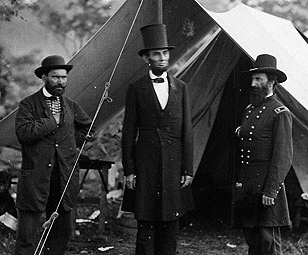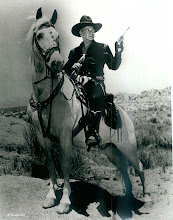
In 1839, the Spanish slave ship Amistad set sail from Havana to Puerto Principe, Cuba. The ship was carrying 53 Africans who, a few months earlier, had been abducted from their homeland in present-day Sierra Leone to be sold in Cuba. The captives revolted against the ship’s crew, killing the captain and others, but sparing the life of the ship’s navigator so that he could set them on a course back to Africa. Instead, the navigator directed the ship north and west. After several weeks, a U.S. Navy vessel seized the Amistad off the coast of Long Island. The Africans were transported to New Haven, Connecticut, to be tried for mutiny, murder, and piracy. These charges later were dismissed, but the Africans were kept in prison as the case turned to salvage claims and property rights. In a trial in Federal District Court, a group of Cuban planters, the government of Spain, and the captain of the Amistad all claimed ownership of the Africans. After two years of legal battles, the case went before the U.S. Supreme Court, which ultimately ordered that the captives be set free. Thirty-five of the former captives returned to their homeland; the others had died at sea or while awaiting trial. New Haven resident William H. Townsend made drawings (and in most cases recorded the names) of the Amistad captives at the time of their trial. These drawings have been preserved in the library of Yale University.
The drawings are here:
http://www.wdl.org/en/search/gallery?ql=en&a=-8000&b=2009&c=SL&c=CU&r=NorthAmerica From The World Digital Library a wonderful resouce.






